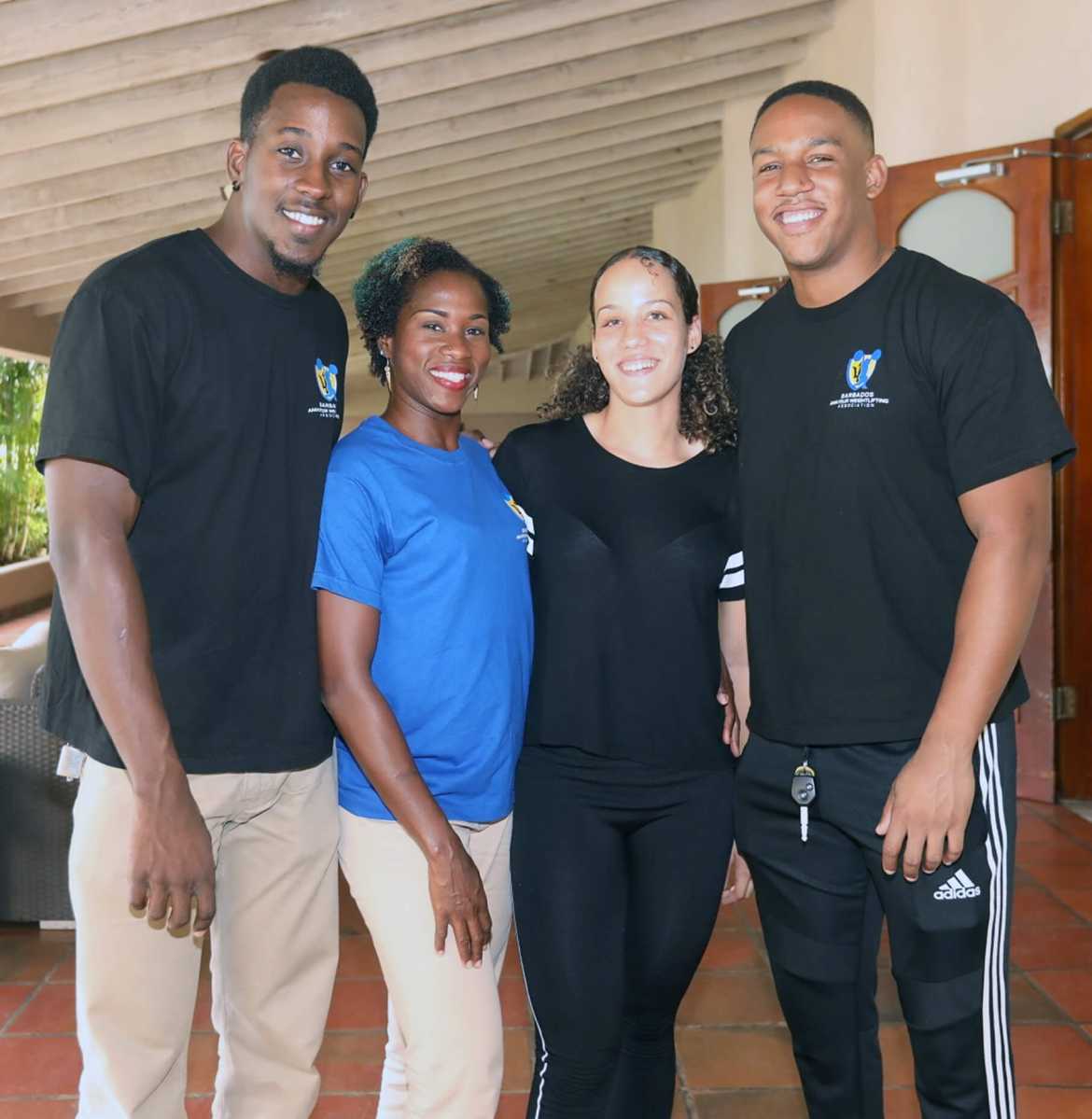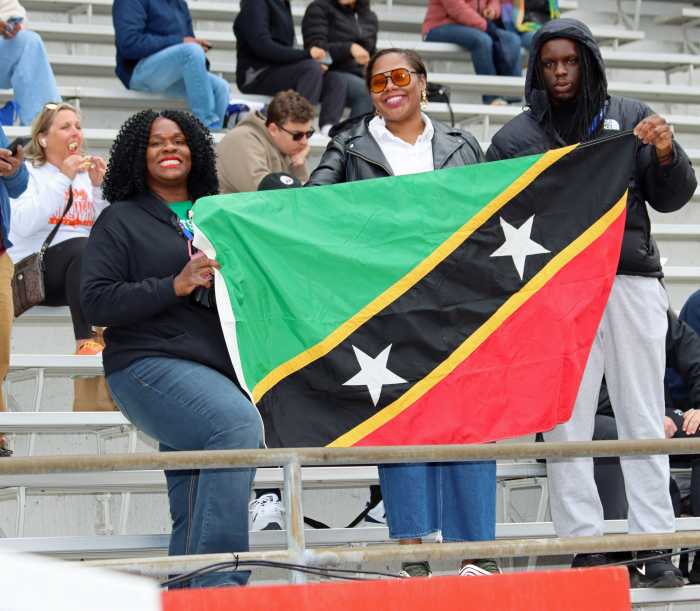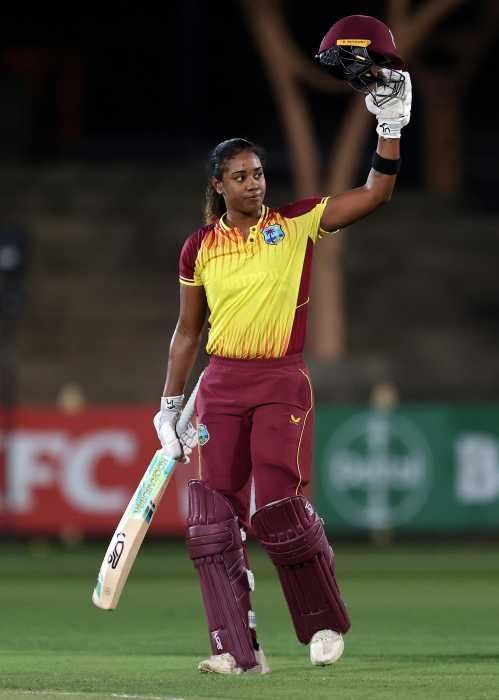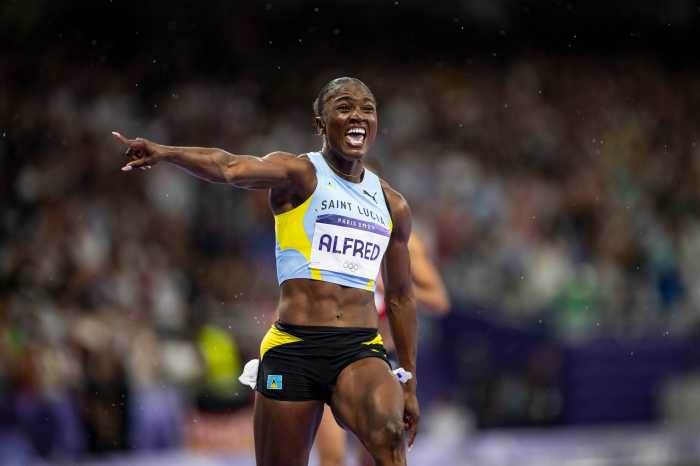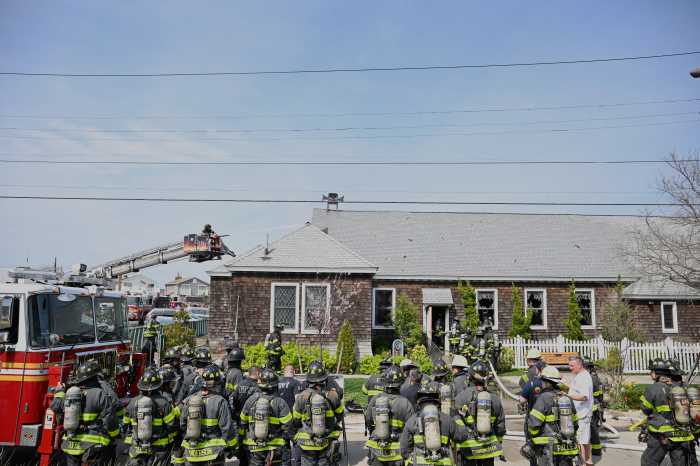Self-confessed Barbadian anti-doping violator, weightlifter Zagora Callender, has reportedly completed her suspension for the offence but is not yet cleared to enter competitions as the local authority has said she must be tested before any official performance.
One day after her October 2019, stellar performance as part of Barbados’ junior weightlifting team at the 34th Torneo Criollo International, the International Weightlifting Federation (IWF) informed her of a charge of an anti-doping violation and provisionally suspended her pending review.
Later that month she was banned from the sport for a period.
During that international October 2019 meet, 17-year-old Zagora Callender had revved up to her personal best showing of 63/81kg in the clean and jerk, and 144kg in the snatch, clean and jerk, at the Angelo Berrios Diaz Sports Complex in Caguas Puerto Rico before being charged with use of an anabolic steroid, Dehydroepiandrosterone (DHEA), which she claimed her physician had prescribed.
The offence was committed during March last year, and she had been under investigation since then.
Barbados TODAY newspaper last week broke the news that the youngster had reached the end of her suspension and was ready to re-enter competitive and official weightlifting.
Callender’s lawyer, Nicholas Jackman, had reportedly written to the Barbados Olympic Association claiming the International Weightlifting Federation (IWF) had given the youngster clearance to resume competitive sports.
“The effect of assessing the period of ineligibility from the ADRV (anti-doping violation rule) violation date is that Ms Callender’s period of ineligibility has now come to an end, having ended on April 21, 2020,” the lawyer said, adding, “Callender is therefore now permitted to recommence competitive training and participate in weightlifting competitions.”
Chairman of the island’s National Anti- Doping Commission, Dr. Adrian Lorde, however said despite the IWF reported ruling that Callender is now free to compete in any events, she must first undergo local testing approved by the World Anti-Doping Agency.
“According to the National Anti-Doping Commission rule, once you have received an anti-doping rule violation and you served a sanction before returning to competition, we require you ‘give your whereabouts’ for out-of-competition testing,” said Lorde, who added he is yet to get official notification from the IWF, and that until he receives official notice of her clearance no testing will begin.
Callender had admitted to IWF officials that she was using DHEA, an anabolic steroid, said to enhance athletic performances.
Lorde used the instance of Callender’s experience to advise all athletes on the need to know what is illegal or not in sports.
“She was not tested positive for any substance, it was a declaration of use of a prohibited substance and that was one of the anti-doping rule violations.
“She declared that she used a prohibited substance and that alone is an anti-doping rule violation just as if she had been tested for it or have been found with it. She just declared at the time of the test but when they did the test they didn’t find anything.”
“I think the lesson learnt here is that athletes have to be more responsible when taking any medication or supplement even if prescribe by a doctor. They need to check before taking medication that is prohibited, and if so then seek an alternative drug that is allowed,” Lorde said.


